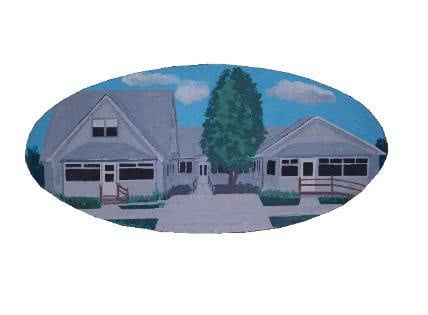
When speaking to family members and seniors, I hear plenty of misconstrued details about what life in a retirement community is like. Recently, one of my aunts was referred by one of her health and wellness counselors to start considering Independent Living options. At 68 years old she is very active & independent, but living alone in a two story home has brought on a whole slew of physical and emotional issues. After receiving the recommendation, my aunt called me to talk about living options. During our conversation, I was surprised to hear the many misconceptions she had been told about Independent living. After debunking a few of the misconceptions my aunt had, I decided to share with you a few common misconceptions seniors may have about Independent Living.
Independent Living is a fancy word for “Nursing Home”
Independent Living is not living in a Nursing Home. Over the last few decades, senior care professionals have noticed the importance of seniors living an active and social lifestyle for longevity. Thus came about Independent living communities. Independent living provides opportunities for elders to be a part of a community, live as independently as possible, and enjoy a wide array of activities. Most Independent living communities do not have health and medical services for seniors while, nursing homes are focused more on therapy and medical care. Independent living communities also may have apartment or condo style living units, whereas nursing homes are often single occupancy or shared rooms.
Staying in my current home is the best option
Many seniors like my aunt, may feel they are most independent and have the greatest amount of freedom if they remain in their own home instead of moving to a retirement community. While this can be true for others, in my aunt’s case this was the latter. When it was first suggested for her to move into senior living or receive some form of care, she opted for home care. While home care was a good choice for her in terms of the care and assistance around the house. She was still entrapped by the realties of being a homeowner with much more housework and home maintenance then the home care aide could assist her with, not to mention the financial strain these tasks held as well. While living in an active adult community, seniors will have less of a daily workload and will be able to focus solely on themselves and activities that they enjoy. Many communities may also offer different services to help residents such as housekeeping and laundry services.
Independent Living is for people who are sick and dying
While retirement communities are filled with older adults, it hardly means they are sick and dying. On the contrary, these vibrant people are living life very fully without a lot of the burdens of life’s menial tasks. A retirement home is not the place to go to die, it is the place to go and make new friends, learn new skills, have more freedom, and enjoy life more!
Independent living enriches the life of many seniors and allows them to live life on their terms. If you or your loved one are looking for an Independent Living or active adult community in your area, click here to find Independent living options; Or order our print guide online to receive a booklet of all the living & care providers in your area.

